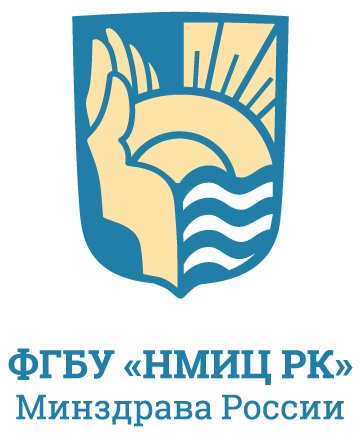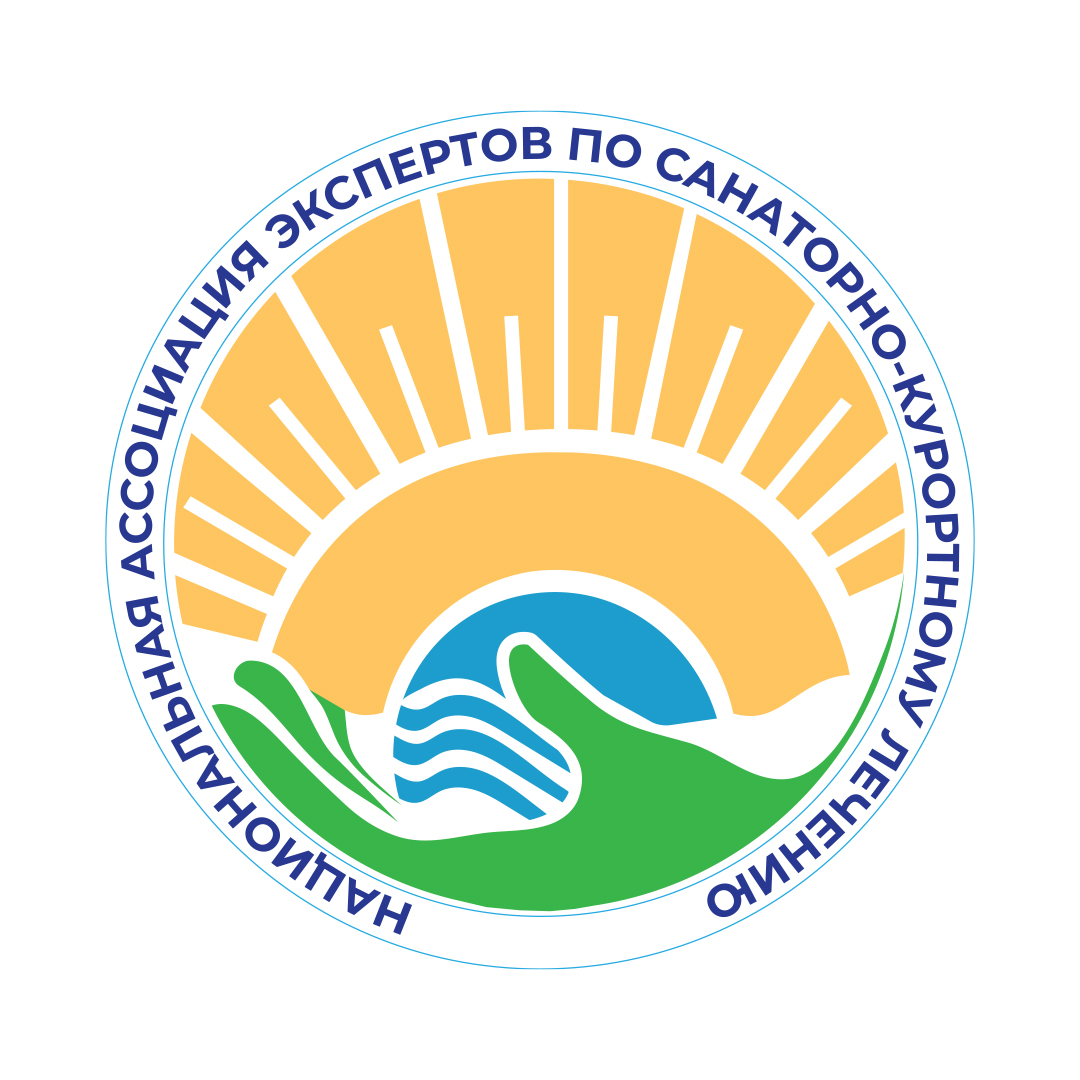Issue 2-22, 2023
Original article
Psychometric Approbation of Screening Methods for the Diagnosis of Cognitive Status in a Sample of Ischemic Stroke Patients: an Observational Cohort Study
1 ![]() Anastasia V. Kotelnikova
1
Anastasia V. Kotelnikova
1 ![]() Irena V. Pogonchenkova
1,2
Irena V. Pogonchenkova
1,2 ![]() Elena V. Kostenko
1
Elena V. Kostenko
1 ![]() Liudmila V. Petrova
1
Liudmila V. Petrova
1 ![]() Anna V. Khaustova
Anna V. Khaustova
1Moscow Centre for Research and Practice in Medical Rehabilitation, Restorative and Sports Medicine of Moscow Healthcare Department
2Pirogov Russian National Research Medical University
ABSTRACT
INTRODUCTION. Cognitive disorders (CD) are the leading causes of disability and worsening of the quality of life of after-stroke patients. An important task is the validation of the scales for screening and diagnosis of CD.
AIM. To estimate the validity of screening methods for measuring cognitive functions (MMSE, МоСА) on a sample of patients with ischemic stroke (IS).
MATERIAL AND METHODS. We examined 105 patients with IS (stroke duration 2.7 ± 1.9 months) and studied various types of validity, reliability and differentiating capabilities of test scales. As an external criterion, the data of the methodology «Brief neuropsychological Cognitive examination (BNCE)» were used. The conditions of applicability of the tests were investigated by comparative analysis of data with patients of the comparison group (n = 100) with diseases of the musculoskeletal system.
RESULTS. The МоСА and MMSE tests had high indicators of substantive validity and internal consistency of the scales (α-Kronbach: 0.95 for МоСА and 0.92 for MMSE). The discriminative capabilities of the techniques are limited: there are discrepancies in the screening results compared to the BNCE data: МоСА tends to overdiagnose pronounced cognitive impairment (CI), MMSE showed low sensitivity to pronounced CI and a tendency to overestimate the number of cases of absence of CI. The revision of the test standards was justified by direct extrapolation of the boundaries of the quantitative interpretation of various levels of CI according to the BNCE to the tested scales and showed high competitive capabilities of the МоСА in the screening study of cognitive status.
CONCLUSION. Various types of validity and reliability of scales were studied, the method of quantitative interpretation was modified, and new test standards for MMSE and MoCA were developed. The high prognostic capabilities of the МоСА for studying of cognitive functions in patients after IS allow us to consider it as a diagnostic tool of the first choice for primary screening of CI in this cohort of patients.
KEYWORDS: psychometrics, neuropsychological examination, MMSE, МоСА, ischemic stroke, cognitive functions, cognitive impairment
FUNDING: The study had no sponsorship.
CONFLICT OF INTEREST: The authors declare no apparent or potential conflicts of interest related to the publication of this article.
FOR CITATION:
Котельникова А.В., Погонченкова И.В., Костенко Е.В., Петрова Л.В., Хаустова А.В. Психометрическая апробация скрининговых методик диагностики когнитивного статуса постинсультных пациентов: обсервационное когортное исследование. Вестник восстановительной медицины. 2023; 22(2):32-41. https://doi.org/10.38025/2078-1962-2023-22-2-32-41. [Kotelnikova A.V., Pogonchenkova I.V., Kostenko E.V., Petrova L.V., Khaustova A.V. Psychometric Approbation of Screening Methods for the Diagnosis of Cognitive Status in a Sample of Ischemic Stroke Patients: an Observational Cohort Study. Bulletin of Rehabilitation Medicine. 2023; 22(2): 32-41. https://doi.org/10.38025/2078-1962-2023-22-2-32-41 (In Russ.).
FOR CORRESPONDENCE:
Anastasia V. Kotelnikova, E-mail: pav-kotelnikov@yandex.ru; nauka-org@mail.ru; ORCID: https://orcid.org/0000-0002-9605-557X
References:
- Filipska K., Wiśniewski A., Biercewicz M. et al. Are de pression and dementia a common problem for stroke older adults? A review of chosen epidemiological studies. Psychiatric Quarterly. 2020; 91(3): 807–817. https://doi.org/10.1007/s11126-020-09734-5.
- Shuteeva E. Yu. Analiz kliniko-epidemiologicheckikh pokazatelej ishemicheskogo insul’ta. Regional Bulletin. 2020; (2): 16–17. (In Russ.).
- Saini V., Guada L., Yavagal D. R. Global Epidemiology of Stroke and Access to Acute Ischemic Stroke Interventions. Neurology. 2021; (97): 6–16. https://doi.org/10.1212/WNL.0000000000012781.
- Jackson G., Chari K. National Hospital Care Survey Demonstration Projects: Stroke Inpatient Hospitalizations. National Health Statistic Reports. 2019; (132): 1–11.
- Shandalin V. A., Fonyakin A. V., Geraskina L. A., Samohvalova E. V. Prognosticheskie faktory razvitiya povtornyh ostryh narushenij mozgovogo krovoobrashcheniya u bol’nyh s ishemicheskim insul’tom. Zhurnal Nevrologii i Psikhiatrii imeni S. S. Korsakova. 2015; 115(12 2): 37–42. https://doi.org/10.17116/jnevro201511512237-42 (In Russ.).
- Tsao C. W., Aday A. W., Almarzooq Z. I., Alonso A., Beaton A. Z. et al. Heart Disease and Stroke Statistics — 2022 Update: A Report from the American Heart Association. Circulation. 2022; 145(8): 153–639. https://doi.org/10.1161/CIR.0000000000001052.
- Sexton E., McLoughlin A., Williams D. J., Merriman N. A., Donnelly N., Rohde D., et all. Systematic review and meta-analysis of the prevalence of cognitive impairment no dementia in the first year post-stroke. European Stroke Journal. 2019; 4(2): 160–71. https://doi.org/10.1177/2396987318825484.
- Bogolepova A. N. Postinsul’tnye kognitivnye i astenicheskie narusheniya. Pharmacology and Pharmacotherapy. 2021; (2): 26–28 (In Russ.).
- Holland A. & Fridriksson J. Aphasia management during the early phases of recovery following stroke. American Journal of Speech-Language Pathology. 2001; 10(1): 19–28.
- Rofes L., Clavé P., Ouyang A., Scharitzer M., Pokieser P., Vilardell N., Ortega O. Neurogenic [corrected] and oropharyngeal dysphagia. Annals of the New York Academy of Sciences. 2013; (1300): 1–10. https://doi.org/10.1111/nyas.12234.
- Zaharov V. V., Vahnina N. V. Kognitivnye narusheniya pri depressii. Effektivnaya farmakoterapiya. 2015; (1): 18 p. (In Russ.).
- Lokshina A. B., Zaharov V. V., Vahnina N. V. Modern aspects of diagnosis and treatment of cognitive impairments (literature review). Neurology, Neuropsychiatry, Psychosomatics. 2023; 15(1): 83–89. https://doi.org/10.14412/2074-2711-2023-1-83-89 (In Russ.).
- Balashovoj E.Yu., Kovyazinoj M. S. Metody nejropsihologicheskoj diagnostiki: Hrestomatiya. Moscow. Izdatel’stvo Moskovskogo psihologo-social’nogo instituta. Voronezh. Izdatel’stvo NPOL «MODEK». 2009: 528 p. (In Russ.).
- Maruta C., Guerreiro M., Mendonça A. de. et al. The use of neuropsychological tests across Europe: the need for a consensus in the use of assessment tools for dementia. European Journal of Neurology. 2011; 18(2): 279–285. https://doi.org/10.1111/j.1468-1331.2010.03134.x.
- eLIBRARY.RU — Nauchnaya elektronnaya biblioteka. Available at: https://www.elibrary.ru/querybox.asp?scope=newquery (In Russ.).
- Belkin A. A., Alasheev A. M., Belkin V. A., Belkina YU.B., Belova A. N., Bel’skij D.V. et. al. Rehabilitation in the intensive care unit (RehabICU). Clinical practice recommendations of the national Union of Physical and rehabilitation Medicine Specialists of Russia and of the national Federation of Anesthesiologists and Reanimatologists. Annals of Critical Care. 2022; (2): 7–40. https://doi.org/10.21320/1818-474X-2022-2-7-40 (In Russ.).
- Siqueira G. S.A., Hagemann P. M.S., Santos F. H.D. et al. Can MoCA and MMSE Be Interchangeable Cognitive Screening Tools? A Systematic Review. Gerontologist. 2019; 59(6): 743-e763. https://doi.org/10.1093/geront/gny126.
- Ziad S., Nasreddine M. D., Phillips N. A. The Montreal Cognitive Assessment, MoCA: A Brief Screening Tool for Mild Cognitive Impairment. Journal of the American Geriatrics Society. 2005; 53(4): 695–699. https://doi.org/10.1111/j.1532-5415.2005.53221.x.
- Folstein M. F., Folstein S. E., McHugh P. R. “Mini-mental state”: a practical method for grading the cognitive state of patients for the clinician. Journal of Psychiatric Research. 1975; 12(3): 189–198. https://doi.org/10.1016/0022-3956(75)90026-6.
- Nys G., Vanzandvoort M., Dekort P., Jansen B., Kappelle L., Dehaan E. Restrictions of the Mini-Mental State Examination in acute stroke. Archives of Clinical Neuropsychology. 2005; 20(5): 623–629. https://doi.org/10.1016/j.acn.2005.04.001.
- Nasreddine Z. S., Phillips N. A., Bédirian V. et al. The Montreal Cognitive Assessment, MoCA: a brief screening tool for mild cognitive impairment. Journal of the American Geriatrics Society. 2005; 53(4): 695–699. https://doi.org/10.1111/j.1532-5415.2005.53221.x.
- Saar K., Nyrkkö H., Tolvanen A., Kuikka P., Poutiainen E., Aro T. Validation of a New Cognitive Screening Method for Stroke Patients. Behavioural Neurology. 2019; (2019): 2943603. https://doi.org/10.1155/2019/2943603.
- Blackburn D. J., Bafadhel L., Randall M., Harkness K. A. Cognitive screening in the acute stroke setting. Age and Ageing. 2013; 42(1): 113–116. https://doi.org/10.1093/ageing/afs116.
- Godefroy O., Fickl A., Roussel M. et al. Is the Montreal Cognitive Assessment superior to the Mini-Mental State Examination to detect poststroke cognitive impairment? A study with neuropsychological evaluation. Stroke. 2011; 42(6): 1712–1716. https://doi.org/10.1161/STROKEAHA.110.606277.
- Kline P. Handbook of Psychological Testing (2nd ed.). London. Routledge. 1999: 752 p.
- Tonkonogij I. M., Mikadze Yu. V. Kratkoe nejropsihologicheskoe obsledovanie kognitivnoj sfery (KNOKS). Moscow. PER SE. 2010: 69 p. (In Russ.).
- Gromova V. S., Radugina L. I. Ocenka rezul’tatov nejropsihologicheskogo testirovaniya pacientov s posledstviyami perenesennyh ostryh cerebrovaskulyarnyh sobytij. Mechnikovskie chteniya-2022: materialy 95-oj Vserossijskoj nauchno-prakticheskoj studencheskoj konferencii s mezhdunarodnym uchastiem. St. Petersburg, 28 aprelya 2022 goda. Tom I. St. Petersburg: Severo-Zapadnyj gosudarstvennyj medicinskij universitet imeni I. I. Mechnikova. 2022: 186–187 (In Russ.).
- Lima R. R., Rose M. L., Lima H. N., Cabral N. L., Silveira N. C., Massi G. A. Prevalence of aphasia after stroke in a hospital population in southern Brazil: a retrospective cohort study. Topics in Stroke Rehabilitation. 2020; 27(3): 215–223. https://doi.org/10.1080/10749357.2019.1673593.

The content is available under the Creative Commons Attribution 4.0 License.
©
This is an open article under the CC BY 4.0 license. Published by the National Medical Research Center for Rehabilitation and Balneology.




